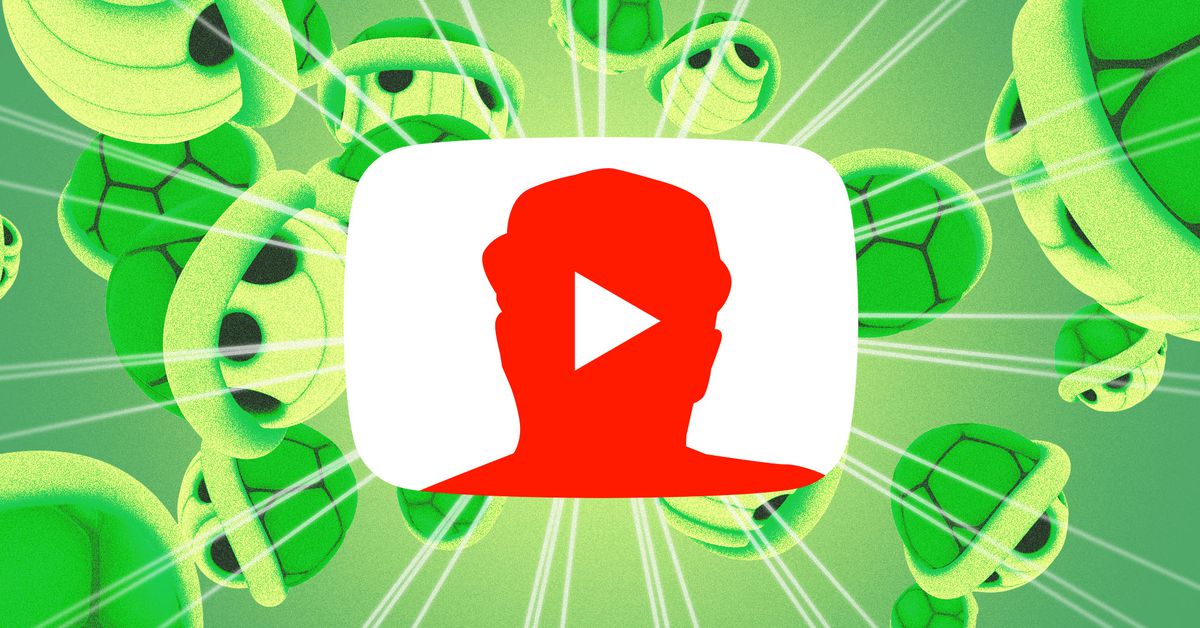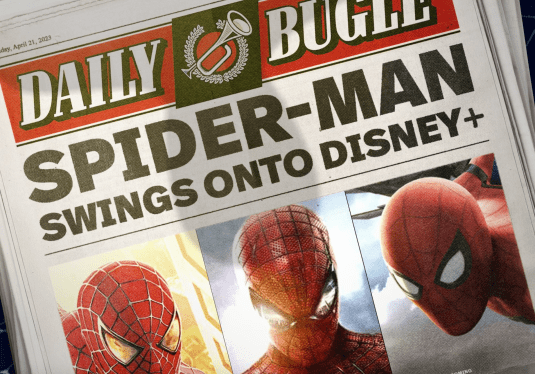This article discusses a case of copyright abuse on YouTube, where a user named "Tatsumi" made false claims of copyright infringement against several creators, including Domtendo. Tatsumi claimed to be an authorized agent for Nintendo, but it was later discovered that he was a troll who had been spoofing Nintendo’s email address.
The article highlights the weaknesses in YouTube’s copyright system, which allows bad actors to easily make false claims and have content removed from a creator’s channel. The DMCA’s "Safe Harbor" law is meant to protect platforms like YouTube from liability for hosting infringing content, but it can also create an environment where trolls like Tatsumi can thrive.
The article also mentions that Nintendo has not commented on the matter, but it does target creators who make content based on its games. The creator of Retro Game Corps was targeted by Nintendo and had his channel terminated after receiving several copyright claims.
The issue raises concerns about the fairness of YouTube’s system and the potential for abuse by trolls or companies trying to silence their critics. The article concludes that the DMCA’s Safe Harbor law is not designed to protect creators, but rather to protect platforms from liability.
Some key points mentioned in the article include:
- The ease with which bad actors can make false claims of copyright infringement on YouTube
- The lack of transparency and accountability in YouTube’s copyright system
- The potential for abuse by trolls or companies trying to silence their critics
- The DMCA’s Safe Harbor law is not designed to protect creators, but rather to protect platforms from liability
Overall, the article highlights the need for a more transparent and accountable copyright system on YouTube.



